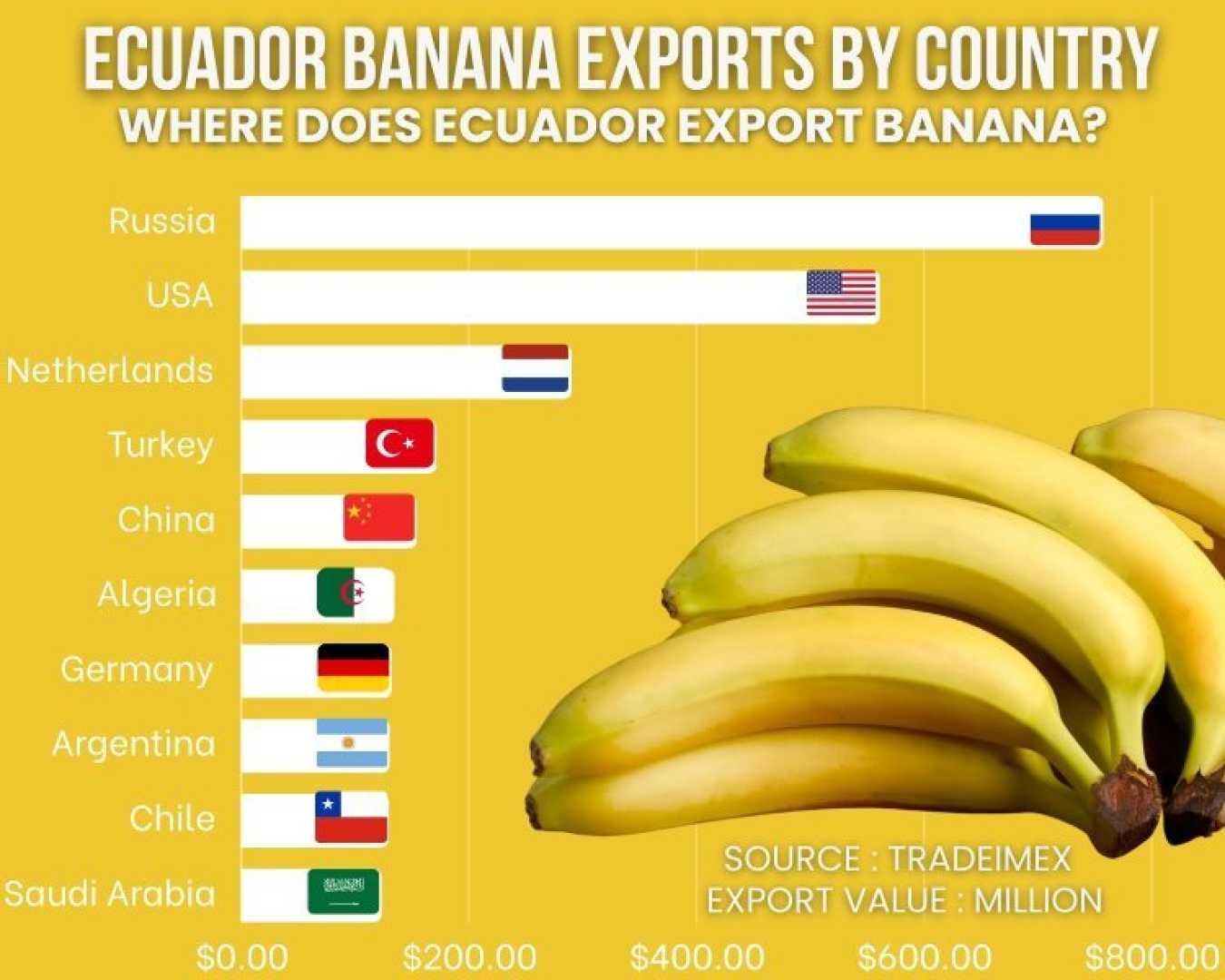Business
Ecuador’s Banana Empire: Noboa Family’s Global Influence

In November 2024, Álvaro Noboa, father of Ecuadorian President Daniel Noboa, suffered a heart attack and was rushed to a clinic in Guayaquil before being flown to New York for treatment. The Noboa family, known for their vast wealth and influence, has long dominated Ecuador‘s economy through Grupo Noboa, a billion-dollar empire rooted in banana exports.
Grupo Noboa, originally Bananera Noboa S.A., was founded in 1947 by Luis Noboa Naranjo, the grandfather of President Daniel Noboa. Under Álvaro Noboa’s leadership, the company expanded into Exportadora Bananera Noboa, becoming Ecuador’s largest banana exporter and a key player in the global banana trade. Ecuador, which produces just over 5% of the world’s bananas, exports 95% of its production, accounting for 36% of global banana exports.
While countries like India and China produce more bananas, their domestic markets consume most of their output. In contrast, Ecuador’s bananas are primarily for export, with Grupo Noboa leading the charge. The European Union, the United States, and China are the largest importers, with China increasingly turning to Ecuador to offset supply issues from Cambodia and the Philippines, where climate change has disrupted production.
Between 2022 and 2023, Ecuador’s banana exports to China surged by 33%. However, the high cost of shipping bananas from South America to China has been a challenge, with the average import unit value reaching $690 per ton. To address this, Ecuador and China signed a free trade agreement in May 2023, eliminating tariffs on bananas over the next decade. Chinese firms are also investing in Ecuador’s port infrastructure to reduce shipping times and costs.
The Noboa family’s influence extends beyond bananas. In November 2023, President Daniel Noboa granted the U.S. permission to establish a military base on the environmentally sensitive Galapagos Islands, a move seen as a strategic counter to China’s growing presence in Latin America. This decision underscores the complex interplay of economic and geopolitical forces shaping Ecuador’s future.
Despite their economic success, the Noboa family has faced criticism for labor practices. In 2002, workers at the Los Álamos plantation organized a strike to protest child labor and demand fair wages. The strike was met with violence, including the torture and killing of union organizers. These events occurred under the watch of Álvaro Noboa and his then-minister of agriculture, Eduardo Izaguirre.
As Ecuador navigates its role in the global banana trade and its relationships with major powers like China and the U.S., the Noboa family remains at the center of the nation’s economic and political life.












